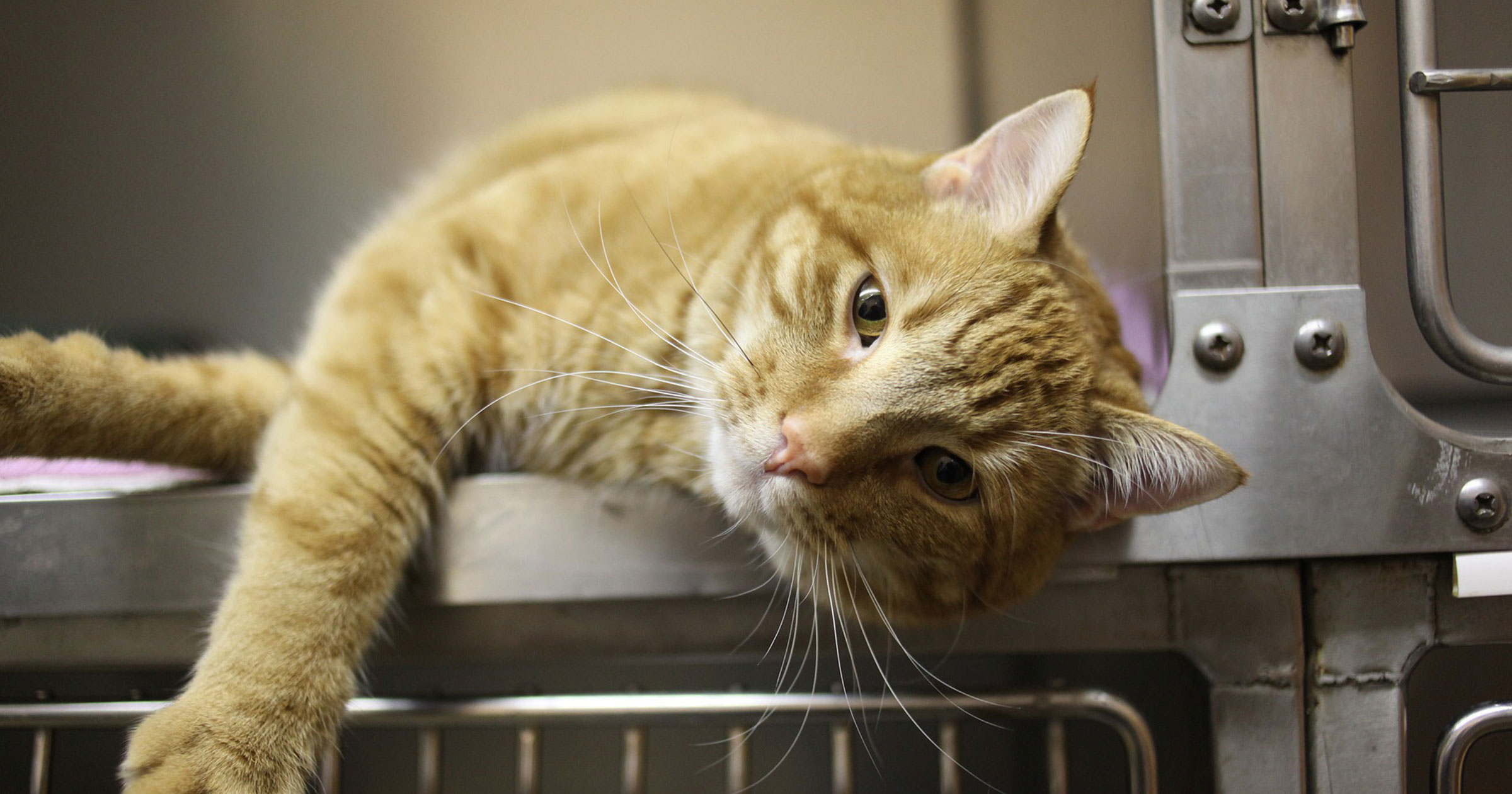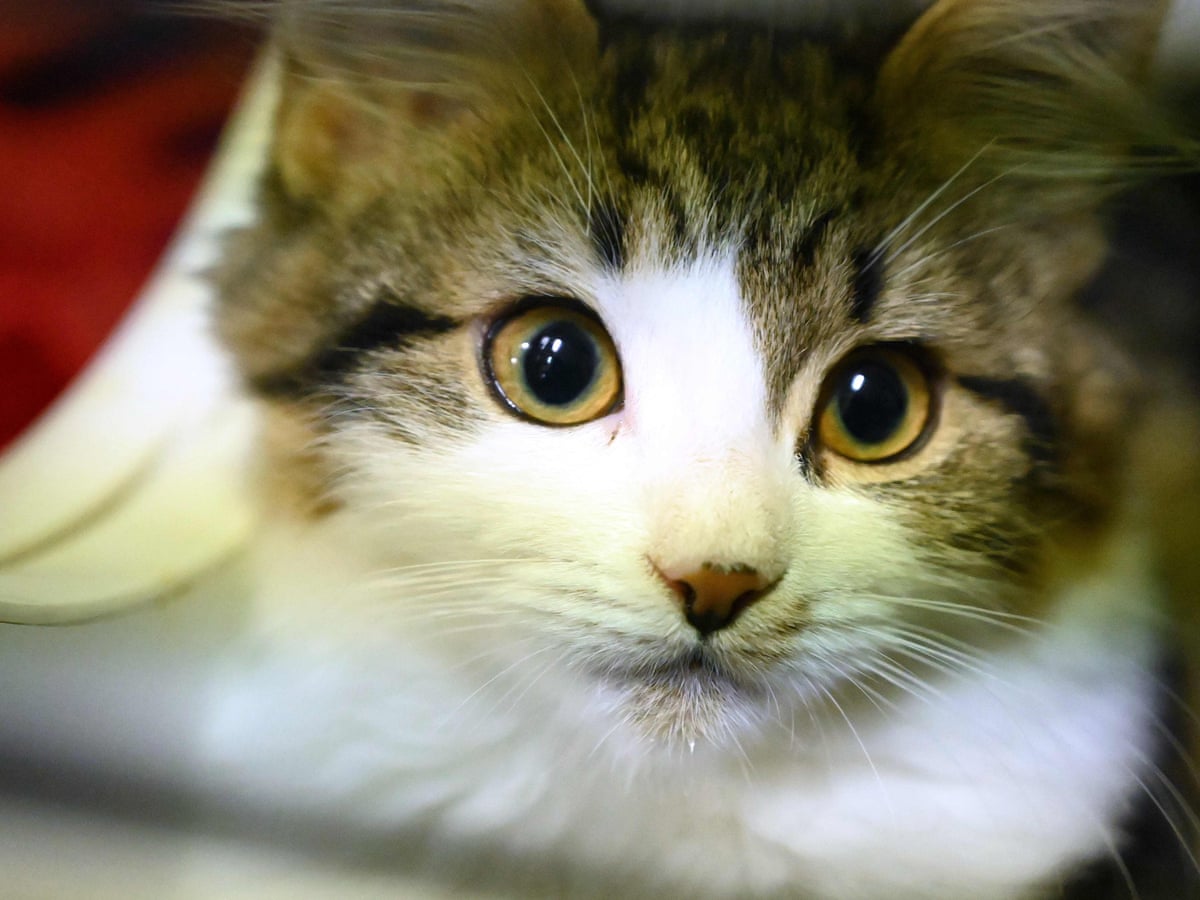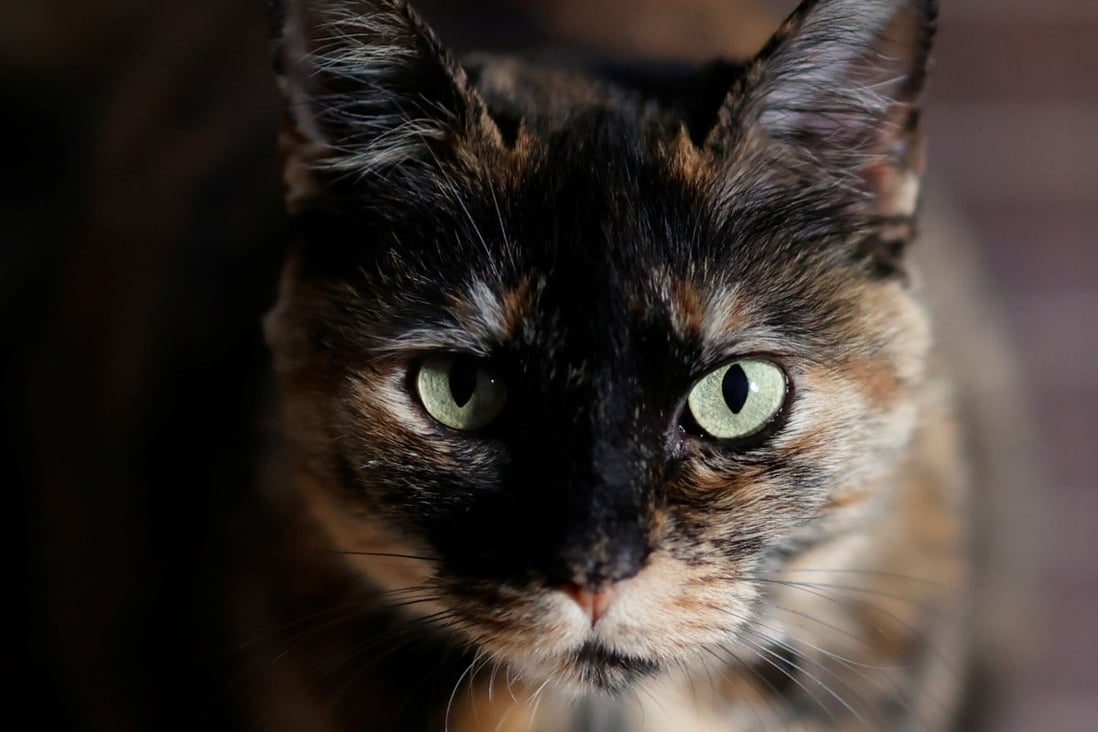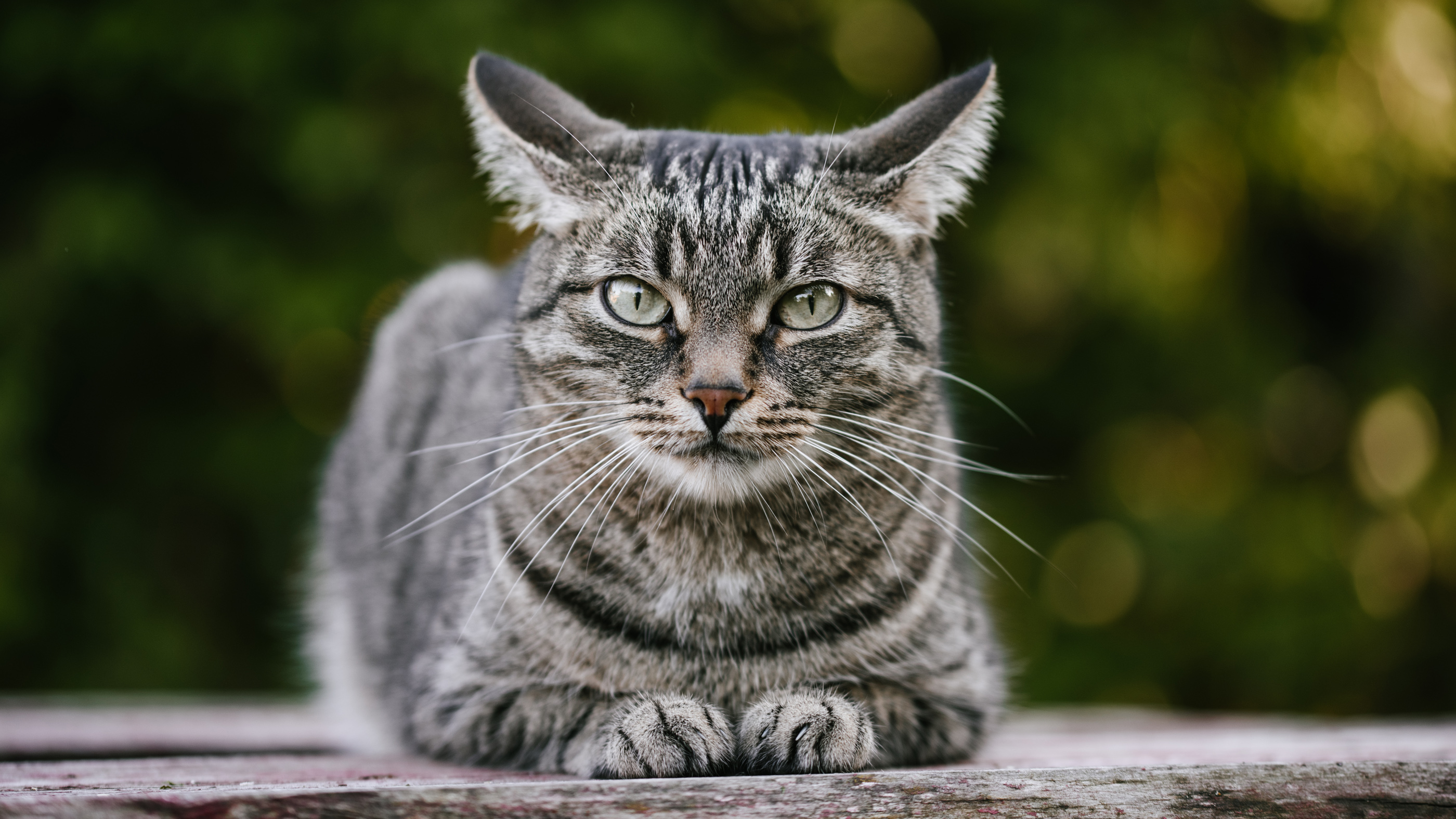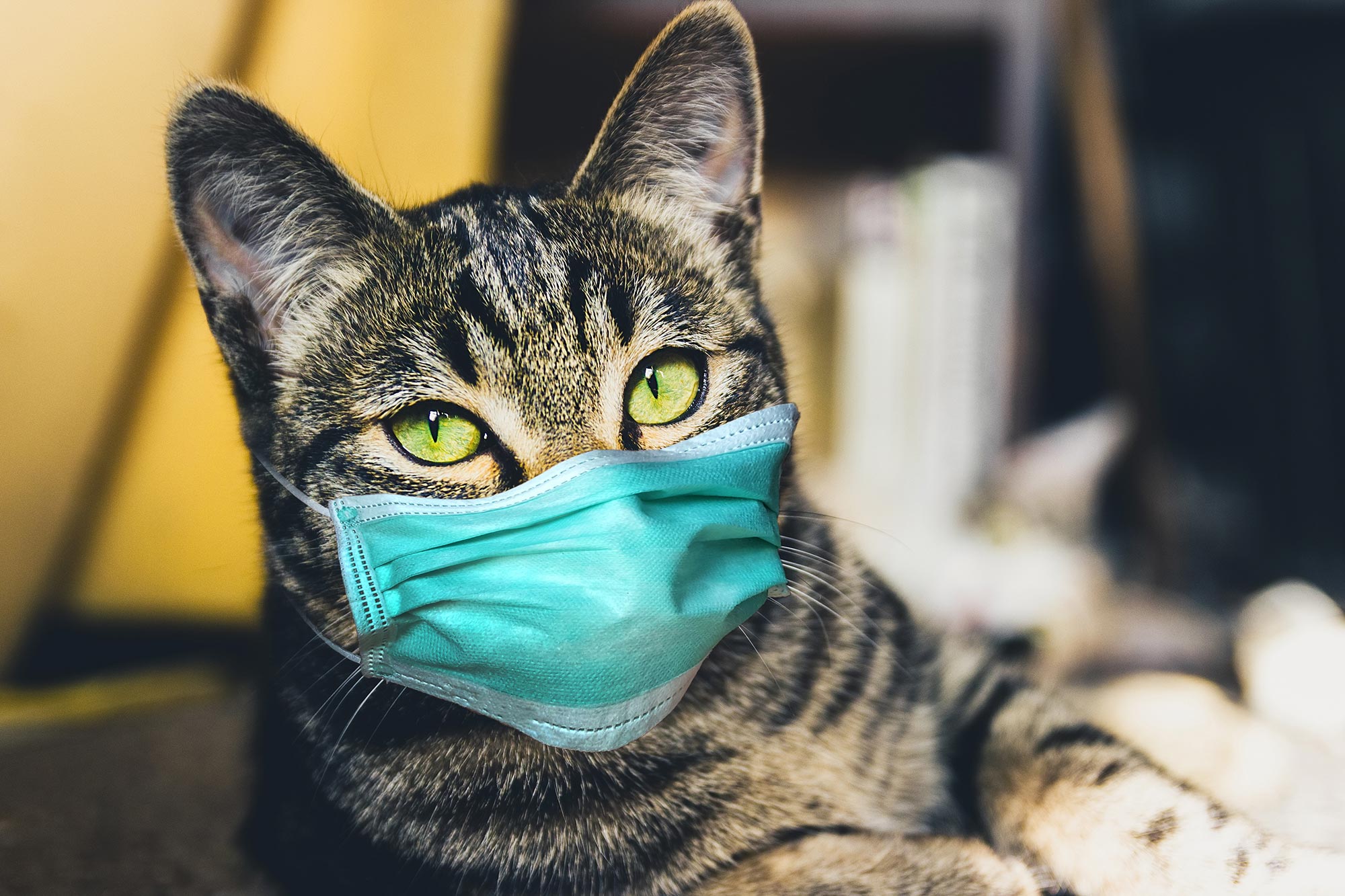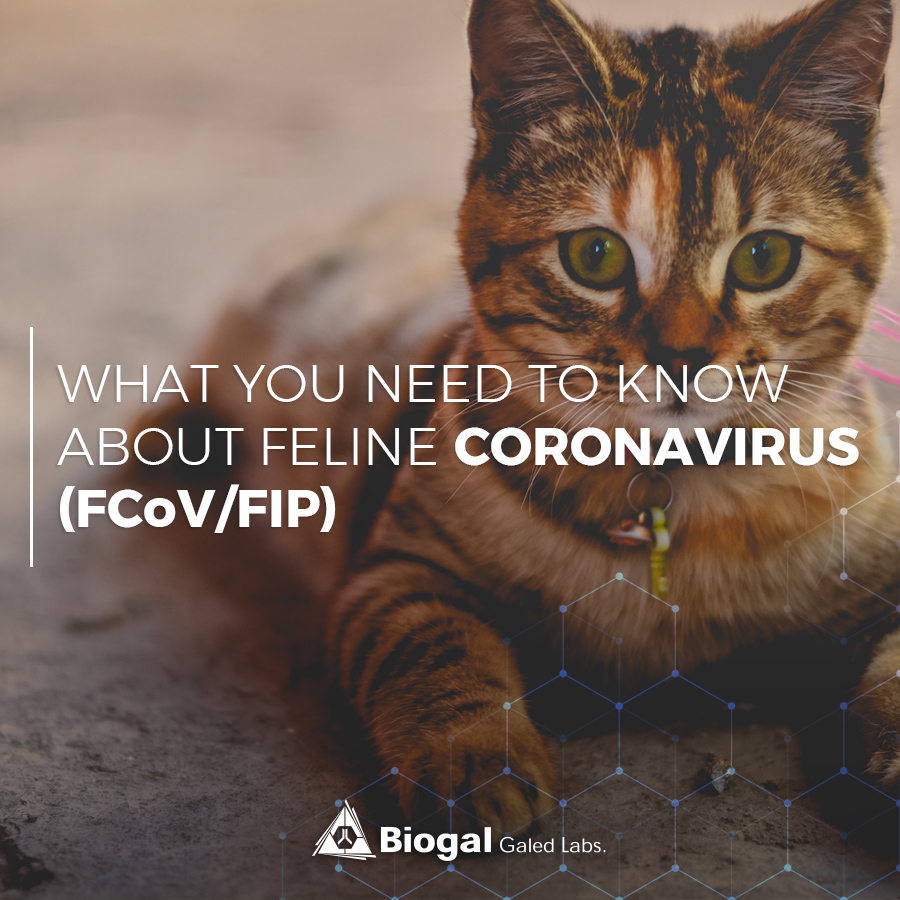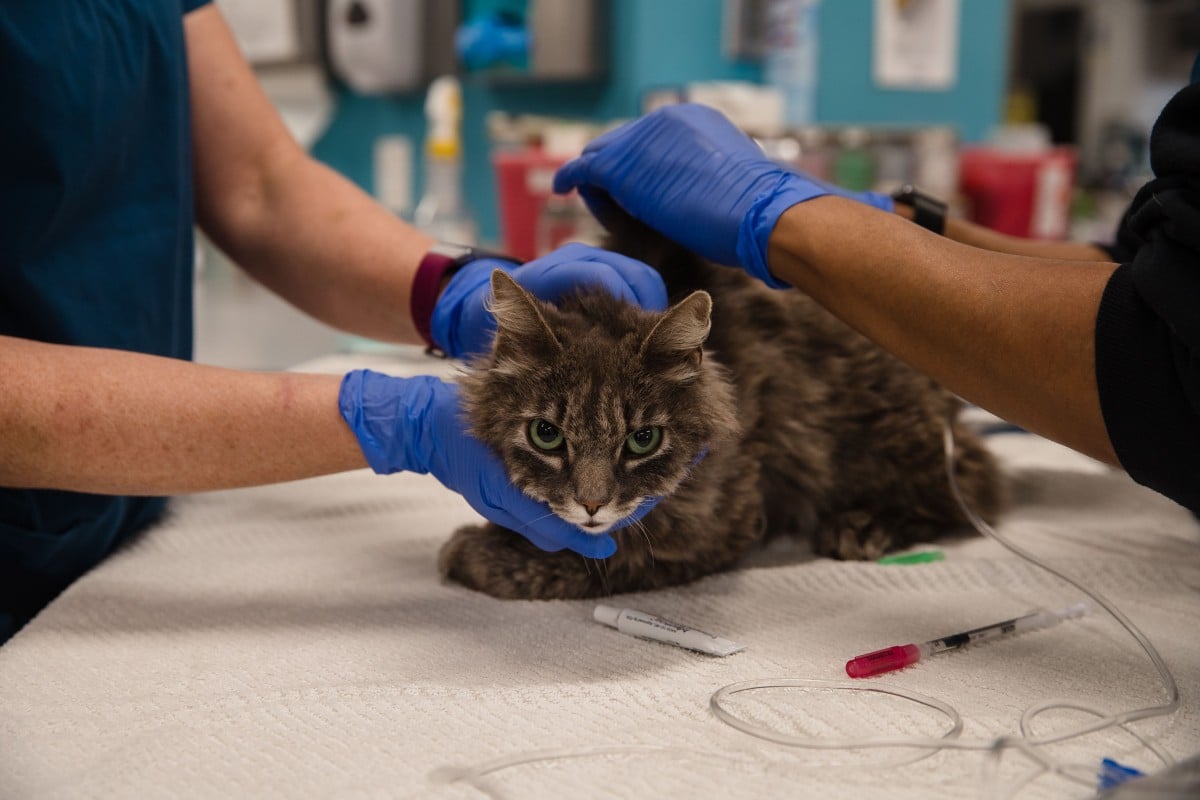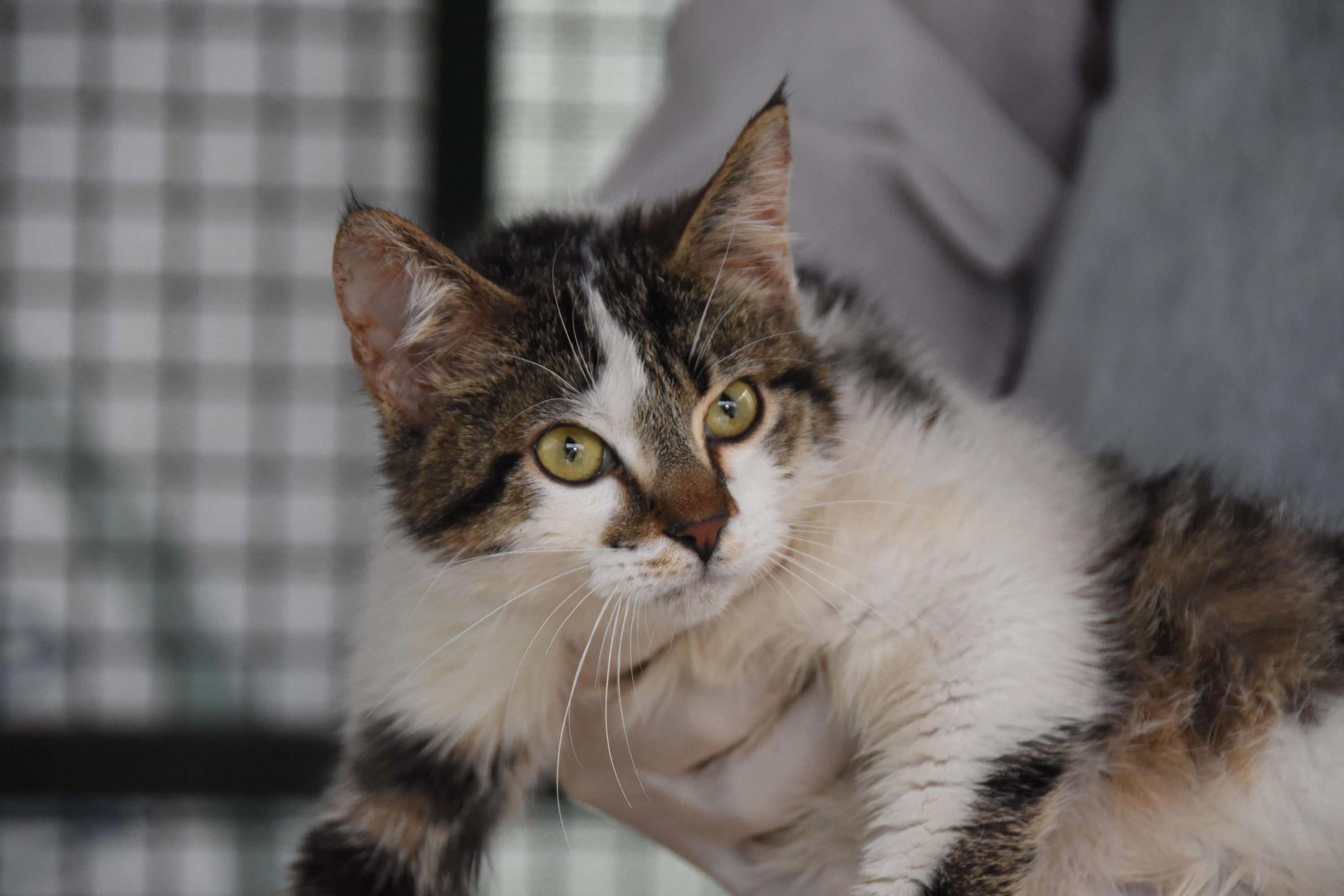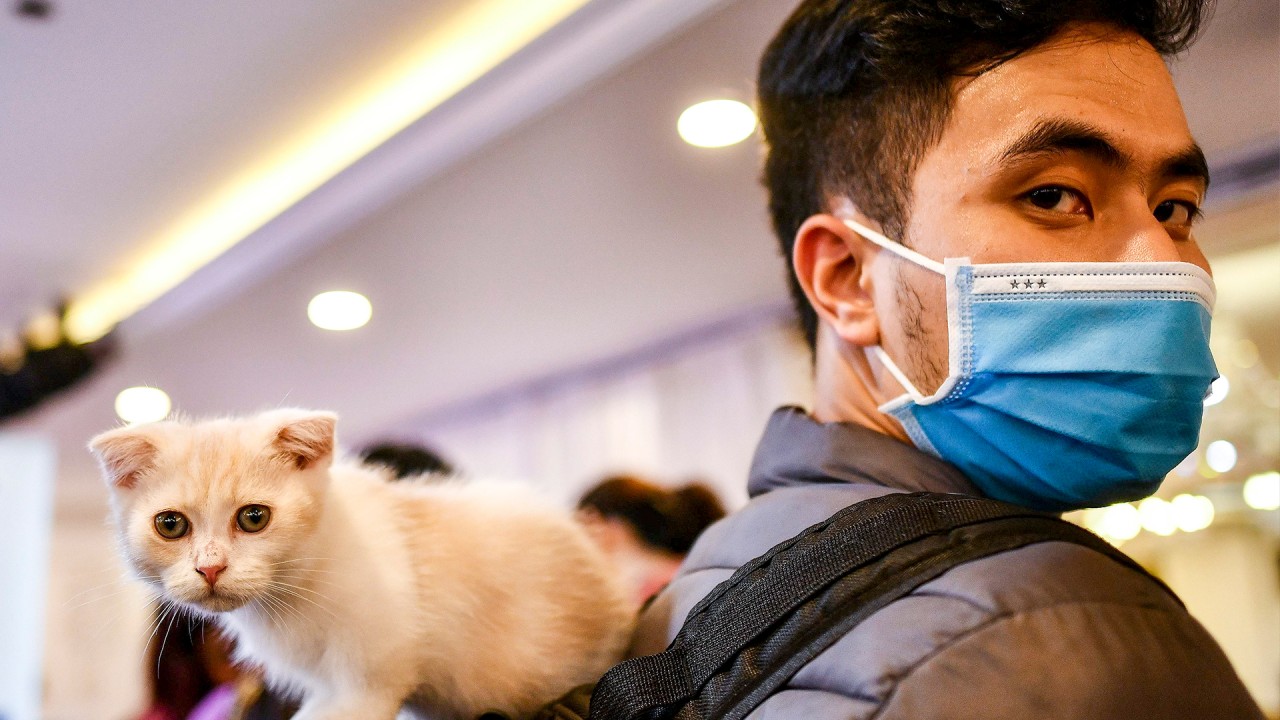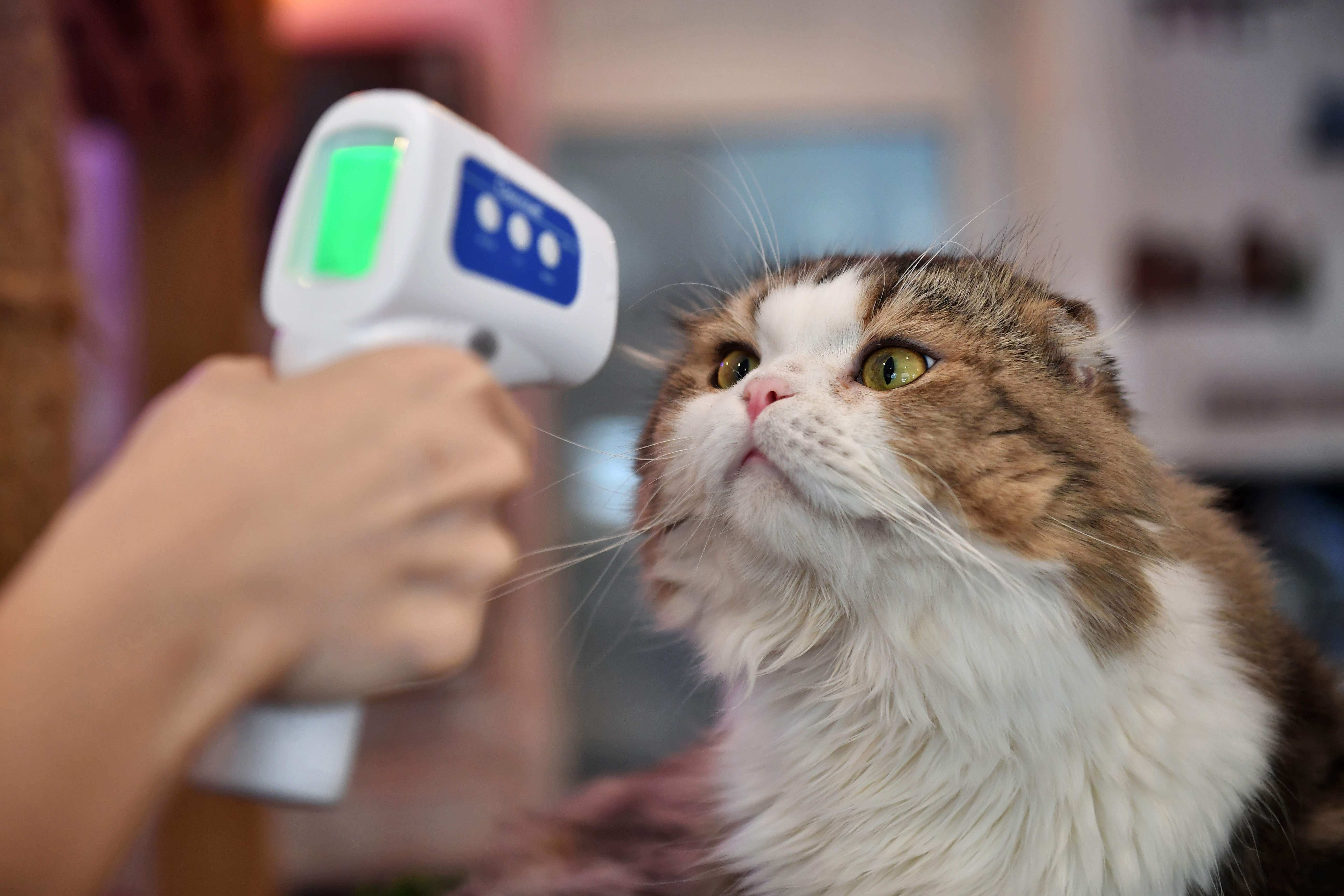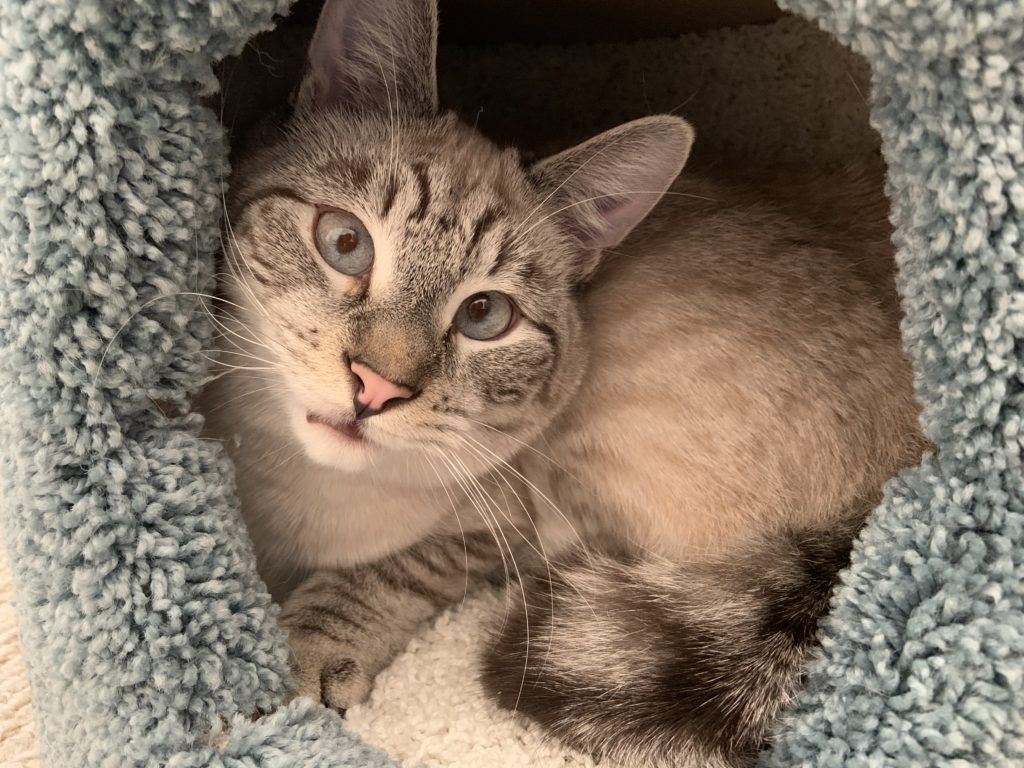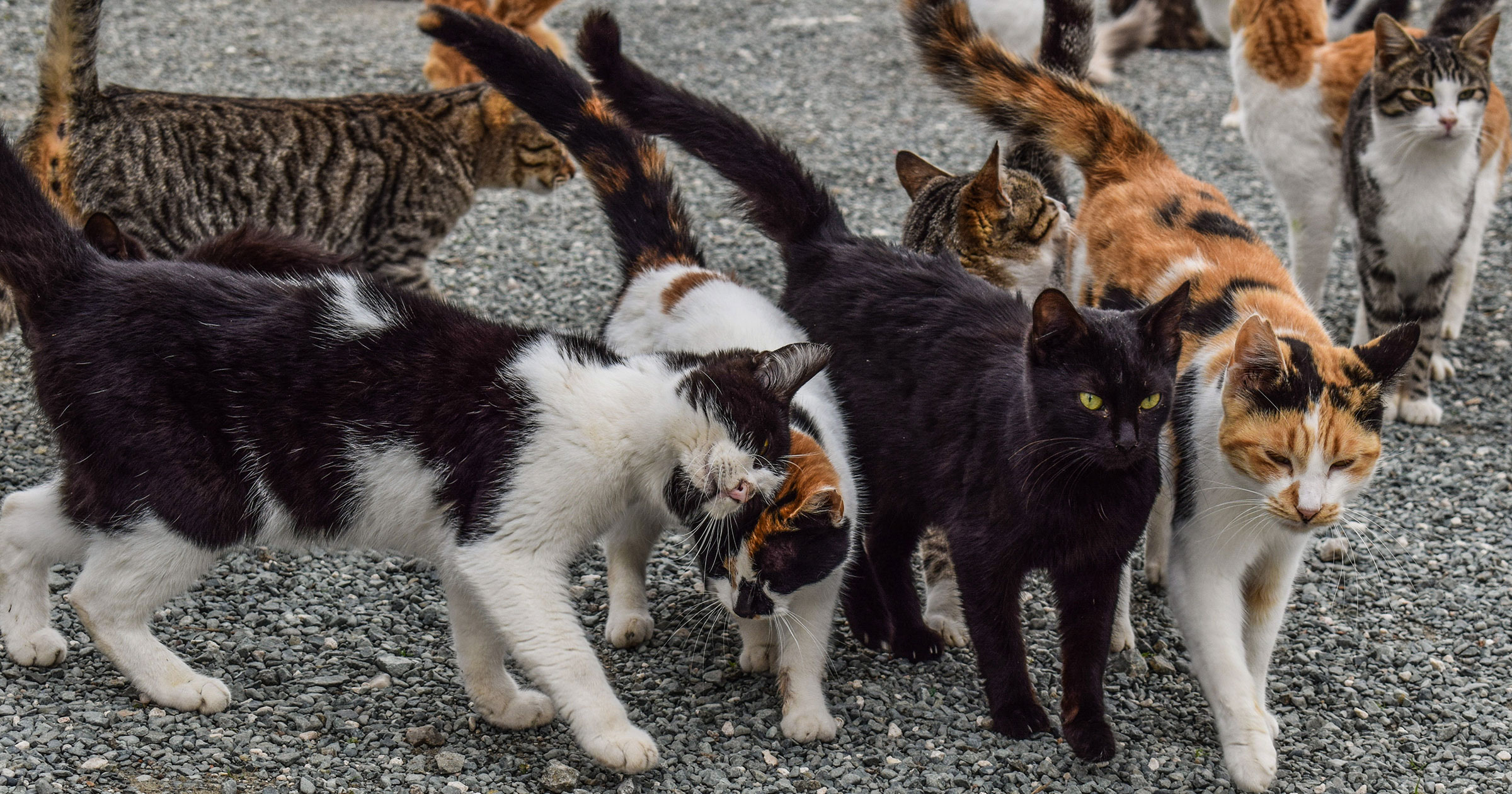Cats And Coronavirus Symptoms
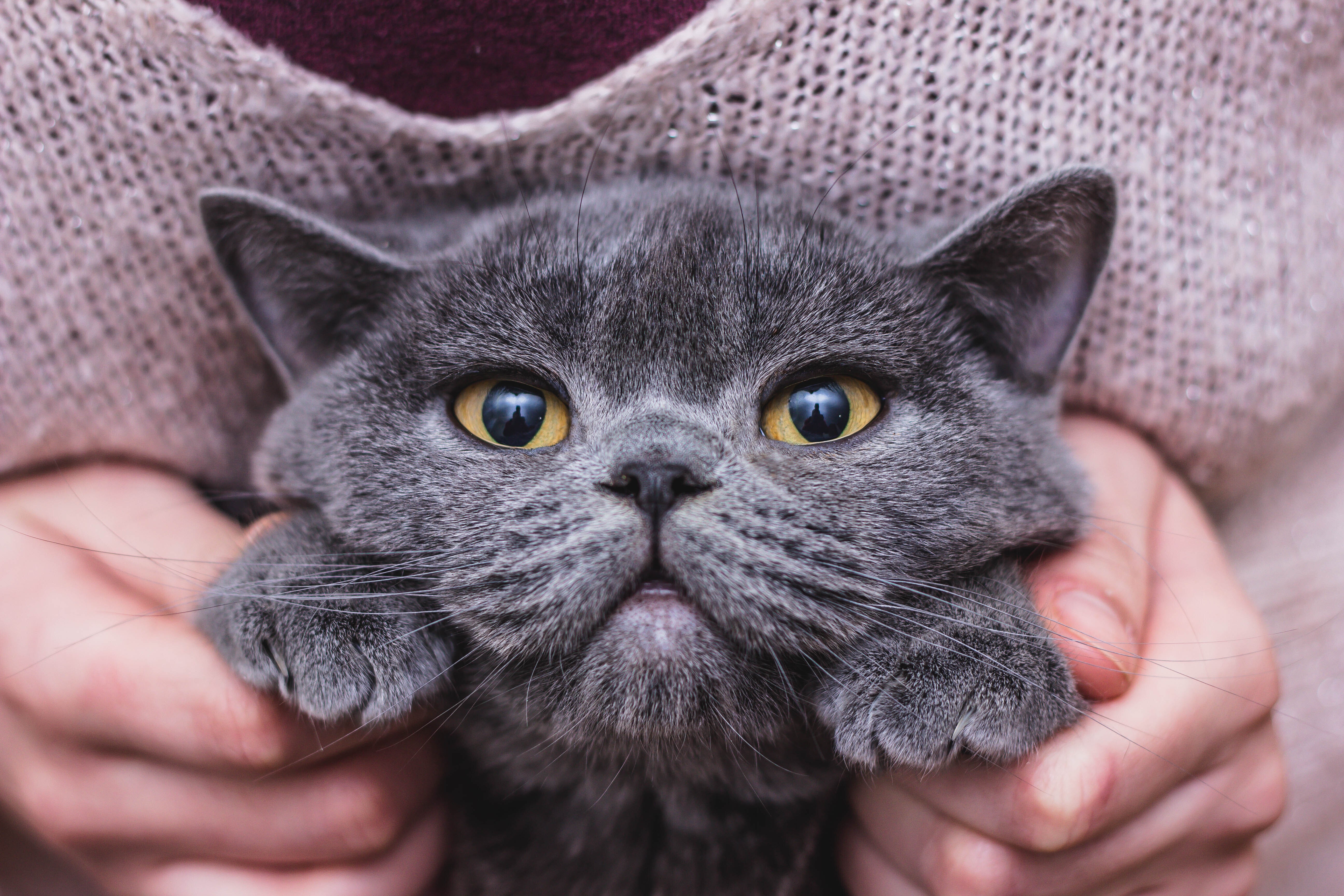
What effect does COVID-19 have on cats.
Cats and coronavirus symptoms. The cat experienced breathing difficulties and nasal discharge stock image. As yet poorly understood changes in the virus can give rise to mutants that lead to the development of feline infectious peritonitis FIP. Most infected pets were found to be asymptomatic or displayed mild Covid symptoms.
Dogs mostly had loss of appetite and sluggishness while. The majority of cases were mild and only 20 percent of dogs and 30 percent of cats had symptoms. If your pet is experiencing respiratory symptoms or other nonspecific symptoms such as lethargy or not wanting to eat or drink then contact your veterinarian for further guidance.
It generally causes asymptomatic infection but can cause mild diarrhea. The animals had no or mild symptoms. Both cats had mild respiratory symptoms and are expected to recover.
What is Feline Coronavirus or FCoV. This infection can affect the brain liver kidneys lungs and skin. Eight cats and dogs that lived in the same homes as the pets that tested positive for.
If your pet shows any signs of illness such as coughing sneezing or lethargy call or text your veterinarian to arrange treatment. Feline Coronavirus FCoV and Feline Infectious Peritonitis FIP VETERINARY GUIDE 10. FCoV is a common and contagious virus which is passed in the faeces of cats.
In the world there are only. Cats appear to be at least mildly susceptible to COVID-19. Cats are susceptible to natural infection with several strains of feline coronavirus that may result in either effusive and noneffusive FIP disease or in subclinical to severe enteritis.

